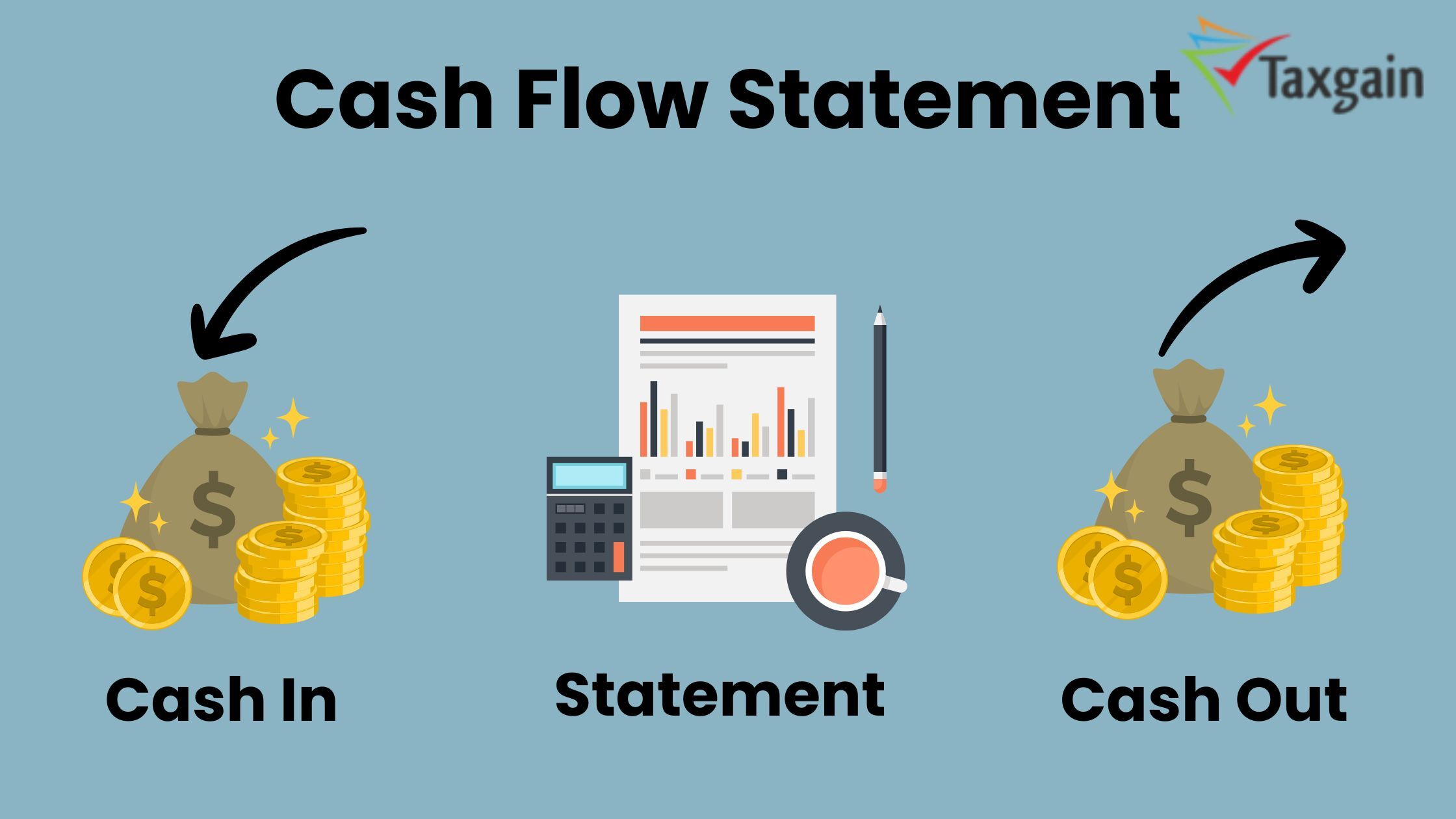As we step into 2025, it’s the perfect time for business owners to re-evaluate their financial strategies. Whether you’re running a small business in Sydney or managing a growing company, building strong financial habits is key to long-term success. Good financial management helps you make better decisions, optimise profits, and stay ahead of your competition.
Today, in this blog, we’ll discuss seven essential financial habits for small business owners to adopt this year. Ready to set your business up for financial freedom? Let’s dive in!
1. Create and Stick to a Financial Plan
A detailed financial plan is the foundation of any successful business. It acts as a roadmap, helping you set realistic goals and allocate resources effectively. Whether it’s planning for monthly expenses, tax obligations, or long-term investments, having a clear financial plan ensures you’re always in control.
In the current environment, businesses often face fluctuating economic conditions. A well-prepared financial plan allows you to adapt to these changes without compromising your business’s profitability.
If business planning feels overwhelming, you can hire a business advisor or consultant at Taxgain to guide you. Our experts can help craft a tailored plan and ensure you stay on track.
2. Prioritise Cash Flow Management

Cash flow is the lifeblood of any business. Many small businesses struggle not because they lack profits but because they fail to manage their cash flow. Regularly monitor your income, expenses and collections to ensure that you have enough cash to cover your operational costs and grow business.
Make it a habit to prepare cash flow projections. This practice allows you to foresee potential shortages and act proactively. For instance, adjusting payment terms with suppliers or offering discounts to customers for early payments can make a big difference. Developing strong cash flow management skills is very significant for small business owners.
3. Build an Emergency Fund
Unexpected challenges are inevitable in business—be it a sudden economic downturn, a natural disaster, or an unforeseen expense. Building an emergency fund acts as your safety net, giving you the financial buffer needed to navigate tough times.
You should set aside at least three to six months’ worth of operating expenses. For small businesses, this can make all the difference during periods of uncertainty. Regularly contribute a portion of your profits to this fund and treat it as non-negotiable.
4. Invest in Financial Education
It is very important for small business owners to invest in their financial education. While hiring a successful business advisor and consultant is valuable, knowing the basics ensures you’re not solely dependent on external advice.
Take the time to learn the basics of bookkeeping, taxation, budgeting, and investment strategies. There are plenty of workshops, online courses, and local business networks that offer financial training for business owners. A small investment in your financial education today can lead to significant savings and smarter decisions tomorrow.
5. Leverage Technology for Financial Efficiency
Gone are the days of manually tracking expenses in spreadsheets. Embracing technology can save you time and reduce errors. Tools like Xero and MYOB, which are popular among local businesses, can simplify accounting, invoicing, and payroll management.
Using financial technology allows you to monitor your business’s financial health in real-time. Automation ensures you never miss payment deadlines and provides insights into your spending patterns. Using technology is one of the most modern and effective financial habits for successful businesses in today’s competitive environment.
6. Diversify Revenue Streams
It is really important to build multiple revenue sources. Staying dependent on a single revenue stream can leave your business vulnerable to market forces. Diversifying your income streams ensures that your business remains stable even if one revenue source suffers.
For instance, if you’re a retailer, consider expanding to online sales, and expand product range. If you run a service-based business, explore partnerships, referrals relationships or introduce complementary services. Diversification isn’t just a growth strategy; it’s a safety measure for long-term success.
7. Invest in Professional Accountant Advice
As a business owner, you already have enough to manage. Trying to handle everything alone can lead to costly mistakes. Hiring a business advisor or accountant can save you time and provide expert insights tailored to your specific business needs.
A professional accountant can assist with tax planning, budgeting, and even identifying growth opportunities. For small business owners, this investment often pays for itself in terms of reduced tax liabilities and improved profitability. A successful business advisor doesn’t just guide your finances—they help drive your business forward.
Conclusion
Adopting the right financial habits isn’t just about survival—it’s about thriving in a competitive market. Whether it’s creating a financial plan, embracing technology, or seeking professional advice, these financial habits for small business owners set the stage for long-term success.
At Taxgain, we’re passionate about helping small businesses achieve financial success. Whether you’re looking for a trusted business advisor and consultant or need guidance on tax planning, we’re here to support you. Let’s build a stronger financial foundation for your business in 2025.
Contact us today and take the first step towards a financially secure and successful future.

